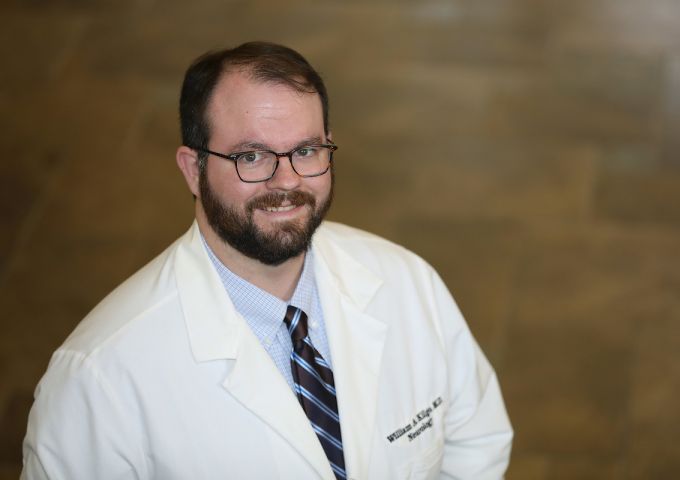
New research published by USA Basic Medical Sciences graduate student
Barnita Haldar, M.D., a fifth-year Ph.D. student in the University of South Alabama Basic Medical Sciences Graduate Program, recently published an article in the Journal of the Federation of American Societies for Experimental Biology.
By Casandra Andrews
[email protected]
Barnita Haldar, M.D., a fifth-year Ph.D. student in the University of South Alabama Basic Medical Sciences Graduate Program, recently published an article in the Journal of the Federation of American Societies for Experimental Biology.
The research paper, titled “S100A6 is a positive regulator of PPP5C‐FKBP51‐dependent regulation of endothelial calcium signaling” was included in the January 2020 edition.
Endothelial cells line the blood vessels and form a protective barrier in the body, according to Haldar, who notes that disruption of the endothelial barrier leads to endothelial dysfunction. Such dysfunction can be caused by inter-endothelial cell gap formation and lead to increased endothelial permeability, a vascular event contributing to cardiovascular pathologies such as acute respiratory distress syndrome, also known as ARDS.
ARDS is a rapidly progressive inflammatory disorder of the lungs in critically ill patients with a high mortality rate. Currently, there are no direct pharmacological therapies to prevent or reverse ARDS, Haldar said. The main complication in ARDS is that fluid leaks into the lungs making breathing difficult or impossible. Research shows there are as many as 150,000 cases of ARDS each year in the United States.
To develop therapeutic strategies for ARDS, Haldar said, researchers need to understand the mechanism by which inter-endothelial cell gap formation can be prevented so that the endothelial barrier is protected.
“In the published study.” she said, “we show for the first time that the small, calcium‐binding protein S100A6 plays a role in the PPP5C‐FKBP51 axis which regulates the endothelial calcium signaling and downstream effects on barrier integrity.” More research is being conducted now, she said, to better understand endothelial calcium signaling.
The work outlined in the research paper was supported by National Institutes of Health grant funding and USA College of Medicine intramural grant programs
Haldar is completing graduate studies under the direction of Donna Cioffi, Ph.D., associate professor of biochemistry and molecular biology at the USA College of Medicine.
Haldar earned a bachelor of medicine and surgery from Calcutta National Medical College and Hospital in India. She then earned a medical degree in biochemistry from R.G. Kar Medical College and Hospital in India. In 2016, Haldar received the Edwin R. Hughes Memorial Award at USA, recognizing the student with the best performance in a specific curriculum. She also received the trainee poster presentation award at the Experimental Biology international conference in Orlando, Fla., held in April 2019, for a presentation on the recently published research project.




